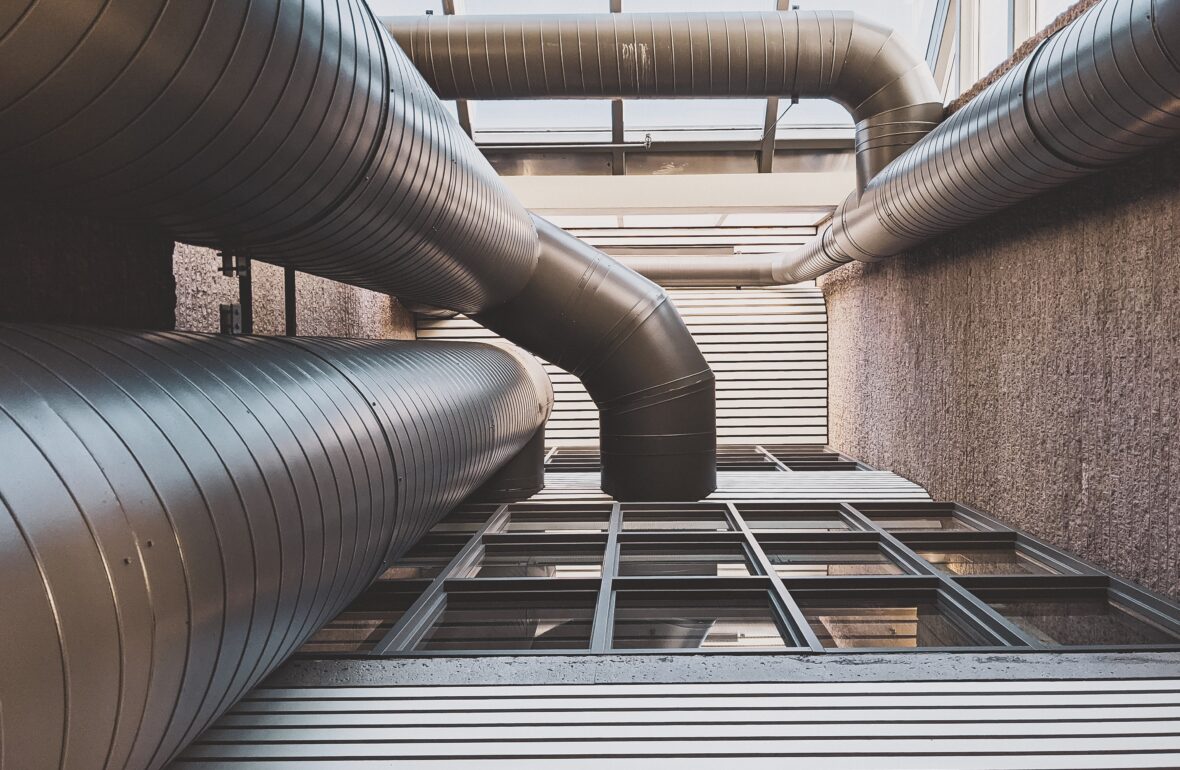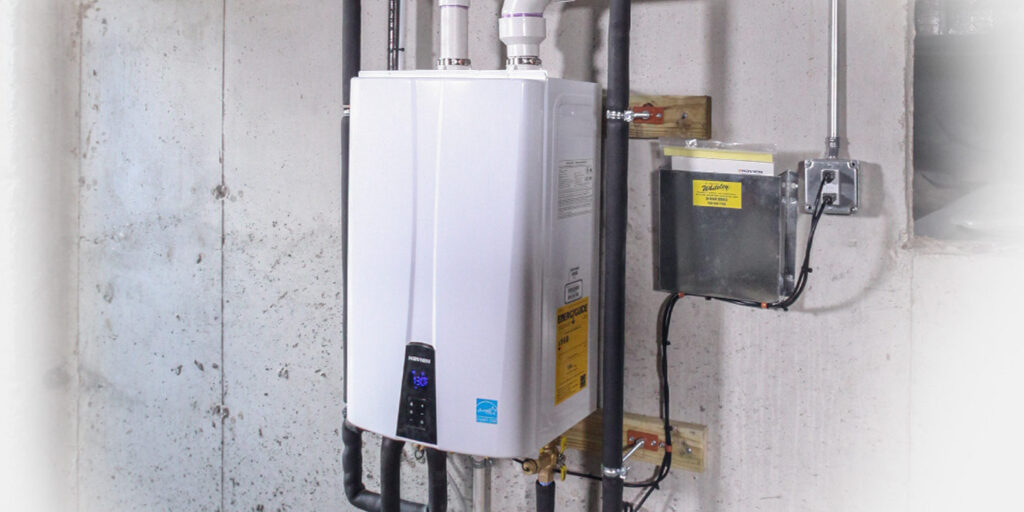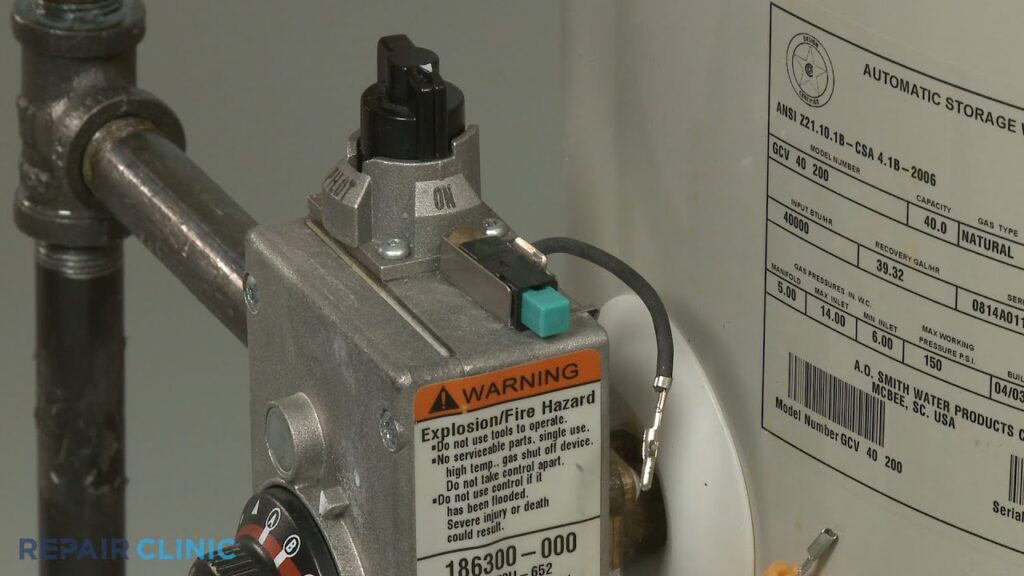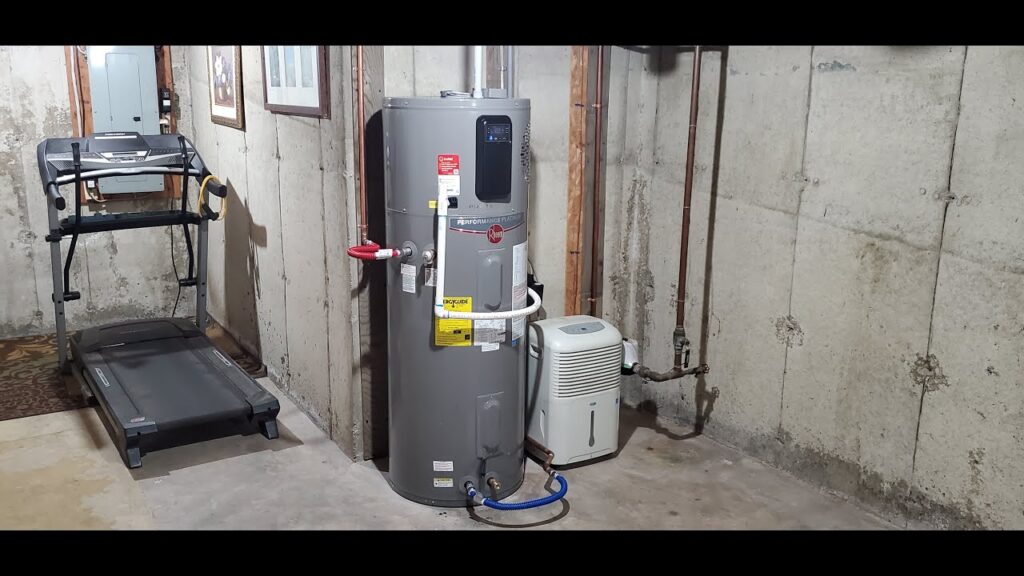
Buying a new water heater can be a daunting task, especially if you’ve never done it before. With so many options available and a lot of technical jargon to understand, it can be hard to know which one is best for your needs. That’s why we’ve put together this comprehensive guide to help you make an informed decision when purchasing a water heater. We’ll cover what types of water heaters are available, how to determine the size you need, efficiency ratings and more! Read on to learn all about choosing the right water heater for your home.
Types Of Water Heaters
Water heaters come in a variety of types and styles, each with its own set of pros and cons. Here’s a look at the most common types of water heaters so you can choose the one that’s right for your home:
1. Traditional Storage Water Heaters
Traditional storage water heaters are the most common type of water heater in use today. They’re typically fueled by electricity, natural gas, or propane, and they work by heating water in a tank and then storing it until it’s needed. Storage water heaters have a few advantages over other types: they’re relatively inexpensive to purchase and install, and they’re easy to maintain. However, they also have some drawbacks: they’re not very energy-efficient, and they can take up a lot of space.
2. Tankless Water Heaters
Tankless water heaters are a more recent innovation, and they offer some significant advantages over storage water heaters. Tankless water heaters don’t store hot water; instead, they heat it on demand, which means there’s no wasted energy. They’re also more compact than storage water heaters, so they can be installed in smaller spaces. And since there’s no tank full of hot water sitting around waiting to be used, tankless water heaters can save you money on your energy bills. The downside to tankless water heaters is that they tend to be more expensive than storage models, and they require more frequent
Factors To Consider When Buying A Water Heater
When it’s time for a new water heater, there are several factors to consider in order to find the best model for your home. Here are a few things to keep in mind:
1. The size of the unit. Make sure to choose a water heater that is the right size for your home. If you have a small home or live alone, a smaller unit will suffice. But if you have a large family or entertain often, you’ll need a larger unit to meet your hot water needs.
2. The type of unit. There are two main types of water heaters: electric and gas. Gas units tend to be more expensive upfront, but they are more energy-efficient in the long run. Electric units are less expensive upfront, but they typically have higher operating costs.
3. The warranty. When comparing different models, be sure to pay attention to the warranty offered by each manufacturer. A longer warranty usually indicates a higher-quality product that will last longer.
4. The price. Obviously, you’ll want to find a water heater that fits your budget. But keep in mind that the initial purchase price is not always the best indicator of value. Sometimes, cheaper models end up costing more in the long run because they require more repairs or replacement parts over time.
Tankless Water Heaters

Tankless water heaters, also known as on-demand or instantaneous water heaters, provide hot water only as needed. They don’t have the standby energy losses associated with storage tank water heaters. When a hot water tap is turned on, cold water enters the unit. Either a gas burner or an electric element heats the water. As a result, tankless water heaters deliver a constant supply of hot water. You don’t need to wait for a storage tank to fill up with enough hot water.
Benefits of tankless water heaters include:
• Cost savings: You can save money with a tankless water heater because it doesn’t waste energy by constantly heating and reheating stored hot water. The U.S. Department of Energy estimates that in homes using 41 gallons or less of hot water daily, tankless units can save $100 or more per year when compared to operating costs for storage tank units.
• Longer life span: Tankless units typically last about 20 years – twice as long as storage tanks.
• Space savings: Since tankless units don’t have bulky storage tanks, they are about the size of a carry-on suitcase and can be hung on a wall inside your home or installed outside.
• Unlimited hot water: Running out of hot water is never an issue because these units can provide an endless supply – as long as they
Electric Water Heaters

If you’re in the market for a new water heater, you may be wondering if an electric model is the right choice for your home. Electric water heaters are a popular option because they’re often more energy-efficient than gas models and can be easier to install.
Here are a few things to keep in mind if you’re considering an electric water heater:
1. Cost: Electric water heaters typically cost less to operate than gas models, so they can save you money on your energy bills.
2. Installation: Electric water heaters can usually be installed without any special venting or gas lines, making them a good option for homes that don’t have access to natural gas.
3. Capacity: Electric water heaters are available in a range of sizes to suit different households. Be sure to choose a model that’s big enough to meet your family’s hot water needs.
4. efficiency: Some electric water heaters are more energy-efficient than others. Look for a model with an Energy Star rating to get the most bang for your buck.
Gas Water Heaters

When it comes to choosing a water heater, there are many factors to consider. But one of the most important is the fuel type. Gas water heaters are typically more expensive than electric ones, but they also tend to be more energy-efficient. That means they’ll save you money on your utility bills in the long run. Here’s what you need to know about gas water heaters so you can make the best decision for your home.
If you have a natural gas line running to your home, then a gas water heater is probably the best option for you. They’re also a good choice if you want a tankless water heater, since most of those are powered by gas. Gas water heaters come in both storage tank and tankless models, so you’ve got plenty of options there too. Just keep in mind that tankless models tend to be more expensive.
As far as efficiency goes, gas water heaters typically have an Energy Factor (EF) rating between .6 and .7. That means they use around 70% of the energy they consume to actually heat the water, with the rest going up in wasted heat. Electric water heaters have an EF rating of just .9, so they’re not as efficient as their gas counterparts. However, electric models are often cheaper to purchase upfront, so it’s really a matter of deciding what’s most important to you: initial cost or long-term savings?
Solar Water Heaters

Solar water heaters are a type of water heater that use solar energy to generate heat. Solar water heaters are an environmentally friendly and cost-effective way to generate hot water for your home or business. Solar water heaters typically have a higher initial cost than other types of water heaters, but they can save you money over time in energy costs.
Hybrid Water Heaters

Hybrid water heaters are a type of water heater that uses both an electric heating element and a gas-powered burner to heat water. This allows the hybrid water heater to be much more efficient than traditional water heaters, as it can use either fuel source depending on which is more cost-effective at the time. Hybrid water heaters are a great option for those who want to save money on their energy bills, as they can significantly reduce energy costs.
Conclusion
We hope this water heater buying guide has been helpful in helping you find the right water heater for your needs and budget. There are a lot of factors to consider when buying a new water heater and it is important to do your research beforehand so that you make an informed decision. From energy efficiency ratings, tank sizes, installation costs, fuel types, and more – taking all these factors into account will help you get the most out of your investment.

